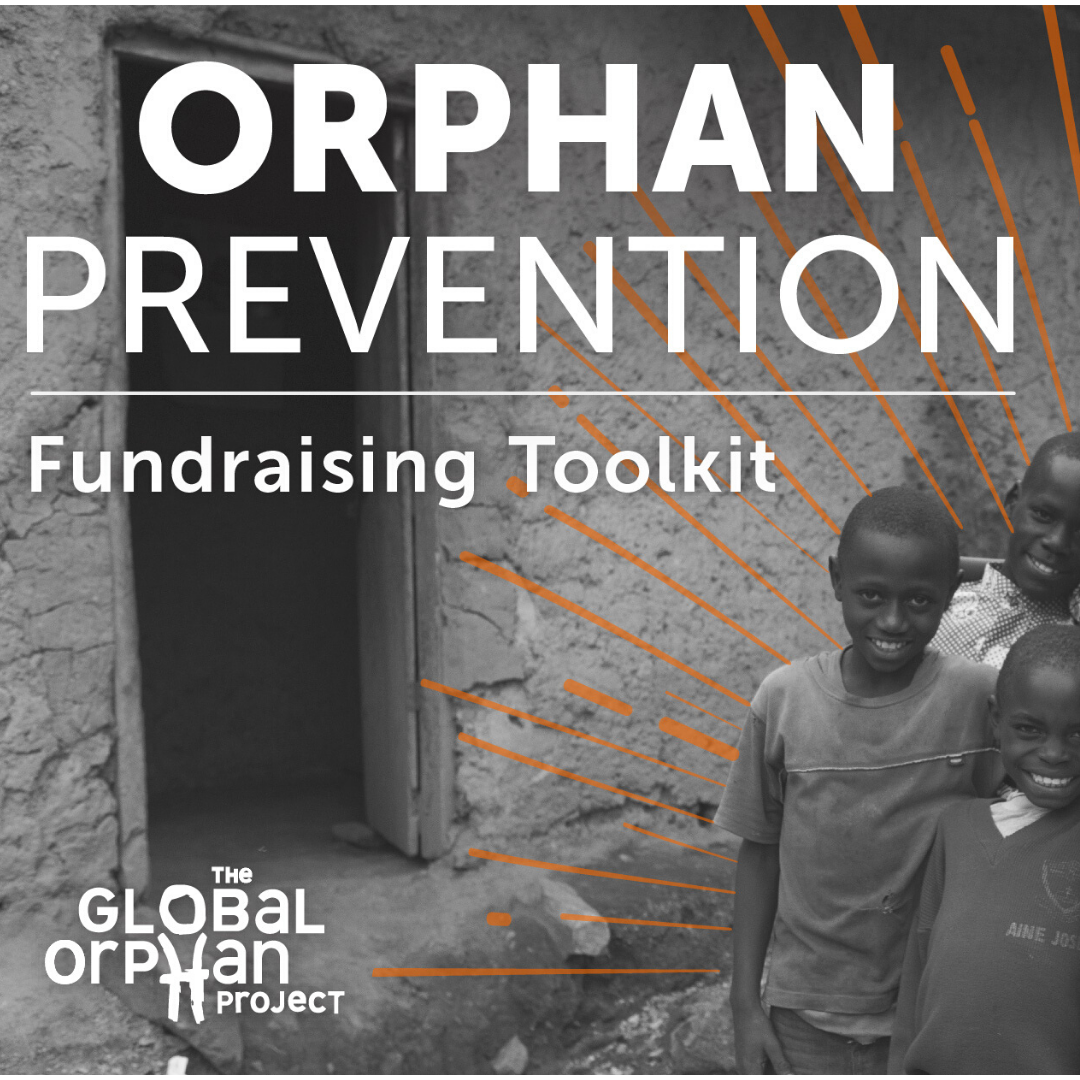Lifting Buckets, but not carrying Water
“Don’t do for others what they can do for themselves” is a foundational principle presented in, When Helping Hurts, one of the leading books on Third World missions. Most people in Malawi haven’t read the book. They just live by it.
 A little-known fact in America is a person can carry more water on their head than they can lift. They don’t need help carrying the water, but help at the right time (lifting the bucket) can allow them to carry MORE water, which directly benefits their day and their family. Conversely if someone carries the bucket for them, that kind of “help” actually hurts. American over involvement robs local motivation and ownership. It devalues their contribution. Conversely, participation is empowering. When Helping Hurts explains that “participation is not just the means to an end but rather a legitimate end in its own right.”
A little-known fact in America is a person can carry more water on their head than they can lift. They don’t need help carrying the water, but help at the right time (lifting the bucket) can allow them to carry MORE water, which directly benefits their day and their family. Conversely if someone carries the bucket for them, that kind of “help” actually hurts. American over involvement robs local motivation and ownership. It devalues their contribution. Conversely, participation is empowering. When Helping Hurts explains that “participation is not just the means to an end but rather a legitimate end in its own right.”
That’s one of the reasons The Global Orphan Project doesn’t carry the water of orphan care. It’s a privilege to help lift the initial bucket by acquiring land, constructing homes, and providing operational standards, but we do not do the work of day-to-day orphan care. The local church owns it. With the lifting of buckets, our initial help expands the capacity of the local church to care for children. The church then carries the bucket. Help at the right time in the right way is good. Doing something for others they can do for themselves is not. If you want to learn more about it, you can read the book, or just ask people carrying water in Malawi.
